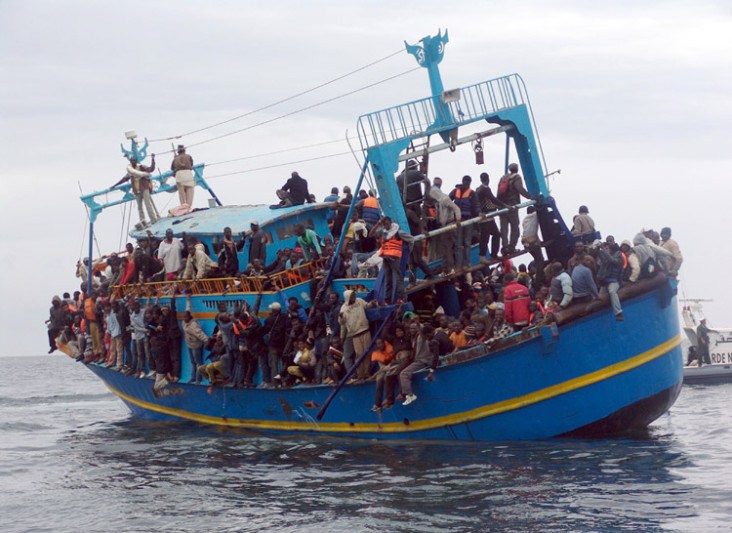
The Nigerian Government has said the European Union, EU, is willing to fund a social intervention programme for the repatriation of illegal Nigerian migrants from EU countries.
The Minister of Foreign Affairs, Geoffrey Onyeama, told the correspondent of the News Agency of Nigeria on Thursday in New York that the Federal Government was also addressing factors predisposing Nigerians to migrate abroad illegally.
According to him, the social intervention programme by the federal government is going to be a very important component of the 2017 budget.
He said that the social intervention programme for the repatriated Nigerians was with the aim of empowering them through skill acquisition programmes.
“On the issue of migration, we have been discussing with the European Union about this.
“And you know we have a social intervention programme by the government that is going to be a very important component of the 2017 budget.
“So we are discussing with the European Union for looking at the possibility of them also investing in that programme.
“This is because the position of the EU is that they are willing to fund our programmes for the repatriation of migrants but not just to leave the (EU) countries but to equip them with skills.
“So they (EU) are ready to invest in our capacity development building among these migrants so when they come back voluntarily but in whatever way they end up coming back, that they have the skills that will enable them to get employment.
“The programme will also act to certain extent as disincentive for them (illegal migrants) to undertake this, in many cases, hazardous trip to Europe,” he said.
PREMIUM TIMES reported how an average of 83 Nigerians crossed illegally from Nigeria to Europe, daily, via the Mediterranean in the first nine months of 2016, according to data by the European Union.
The daily figure was extrapolated from the 22,500 illegal Nigerian migrants that the EU said crossed the Mediterranean Sea to Europe between January and September this year.
This figure in the first 9 months of 2016 is against the 23,000 who crossed in the whole of 2015.
On Thursday, the minister commended the cooperation and support of the international community with Nigeria in curbing the menace of illegal migration and human trafficking.
“On human trafficking, the international community has been very supportive because, of course, it is not only Nigeria that suffers from this.
“And there is a lot of movement in promoting that international solidarity and cooperation and of course the meeting at the Security Council is proof of that.
“The Security Council’s ‘Open Debate on Human Trafficking in Conflict Situations’ was organised by the Spanish Government.
“So, there is a lot of international support on human trafficking and illegal migration”.
Mr. Onyeama had at the Security Council’s Open Debate assured the international community that Nigeria would not relent until all Boko Haram hostages are reunited with their loved ones.
According to him, Nigeria’s participation at the Open Debate was crucial and significant.
“You know of course, we are an example of a country that is suffering from this (human trafficking in conflict situations) in view of the Boko Haram situation in the North East of our country.
“This is where a very large number of women and children have been kidnapped and have been trafficked.
“So, I think the significance of Nigeria being represented at this level is really a statement by the government of the importance that we attached to finding a solution to the scourge.
“And most importantly, it is a statement of the importance that we attached to encouraging and promoting international cooperation – that’s cooperation at the multilateral level to address this issue.”
(NAN)


Be the first to comment